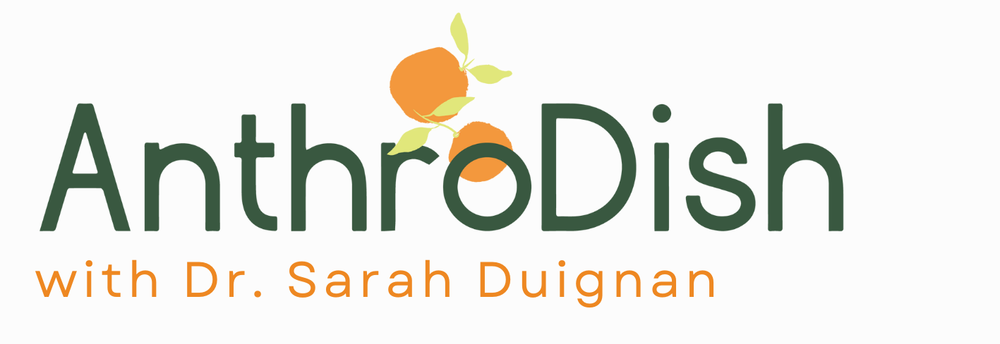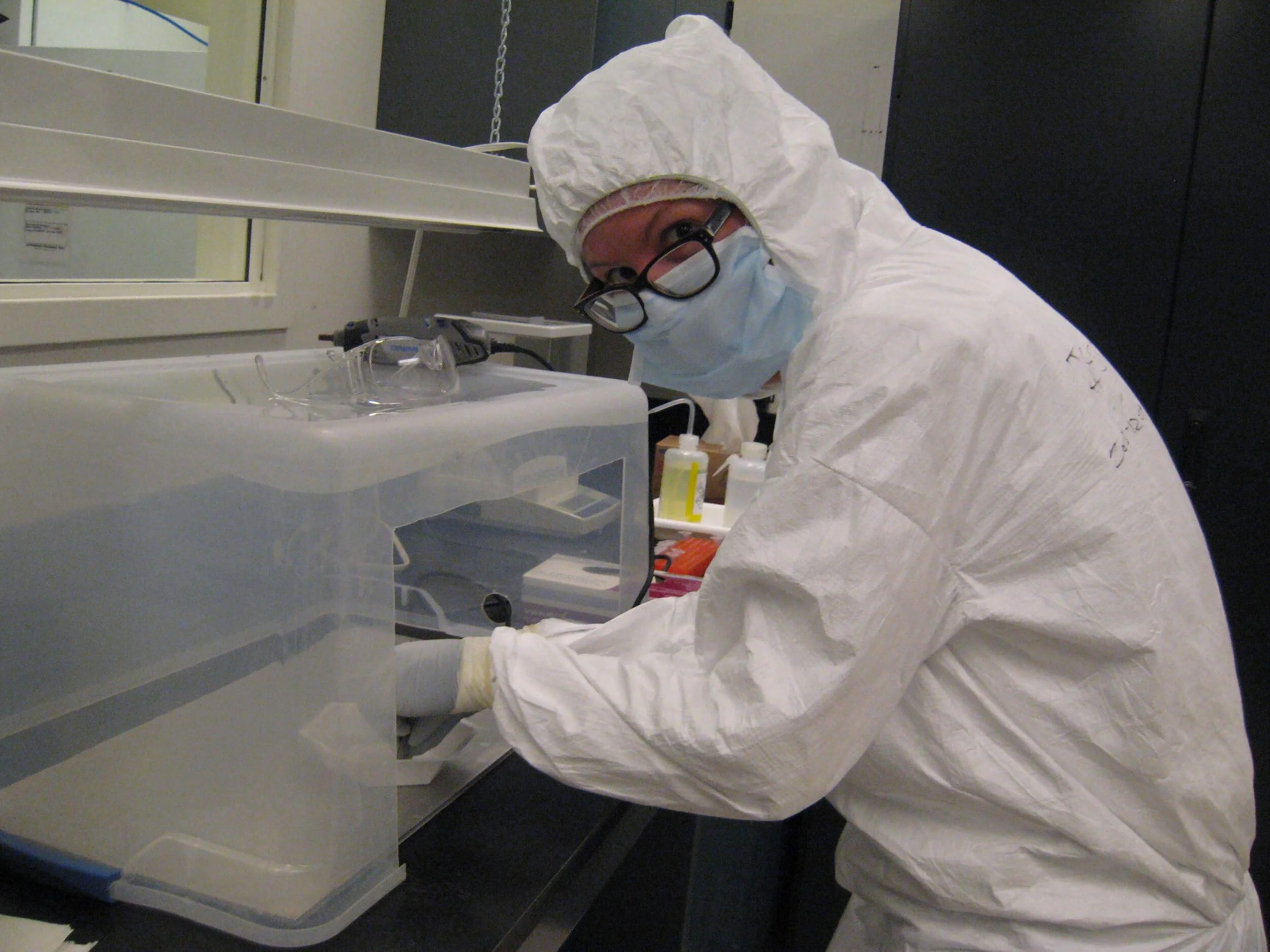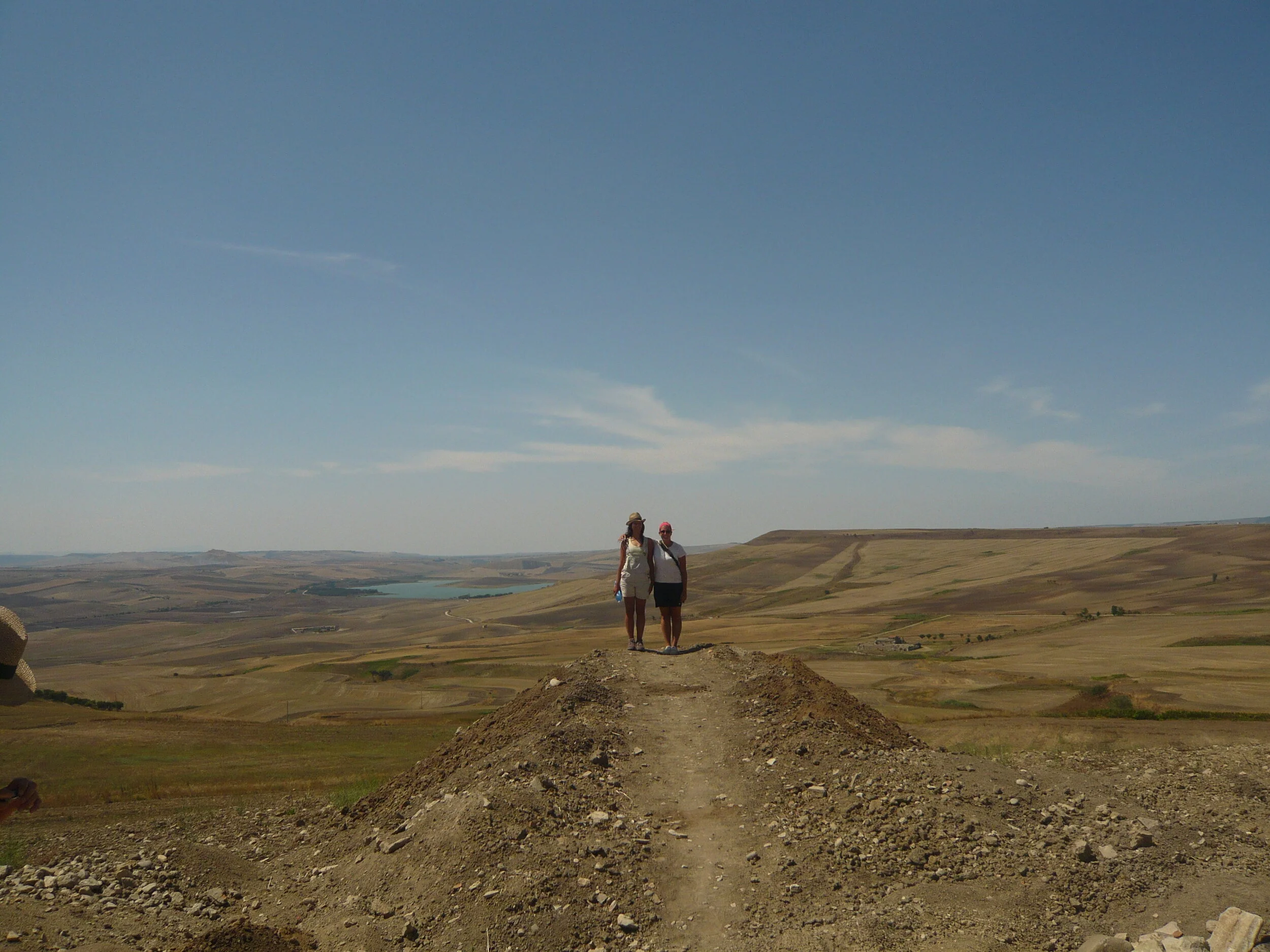We’re living in a very surreal and increasingly digital world these days, and I don’t know about you all, but I’m finding myself taking a step back each day trying to figure out what this means for how our society is shaped and what our futures will look like. We see a heightened presence of fitness and wellness apps, with extended free trials, or nutrition trackers that give you healthy recipes… but how do they see health? Who gets left out of these fitness and health ideals, and how is tech playing into or heightening the racial and gendered issues around health and food?
My guest this week is the brilliant Dr. Tina Sikka, who’s here to shed light on some of these questions! She is a Lecturer in Media and Culture at Newcastle University in the UK. Her research interests include the sociology of science and technology – which includes environmental science, nutritional science, food culture, and health. She also looks at feminist praxis and the study of race. In addition to her academic work, Tina has written for such outlets as Jacobin, Lady Science and Alternet. Her most recent book is titled Climate Technology, Gender, and Justice: The Standpoint of the Vulnerable (Springer Press, 2019).
Her views on the connections between technology, human health and nutrition, race, gender, and environment are so insightful and I learned a lot from this conversation – I’m so excited for you to learn from her as well!
Learn More about Tina!
Dr. Sikka's University Website: https://www.ncl.ac.uk/sacs/staff/profile/tinasikka.html
Twitter: @tsikka
For the Alternet: Neoliberal capitalism and the limits of individual choice
For Lady Science: Why we need a feminist climate science and how we might get it














